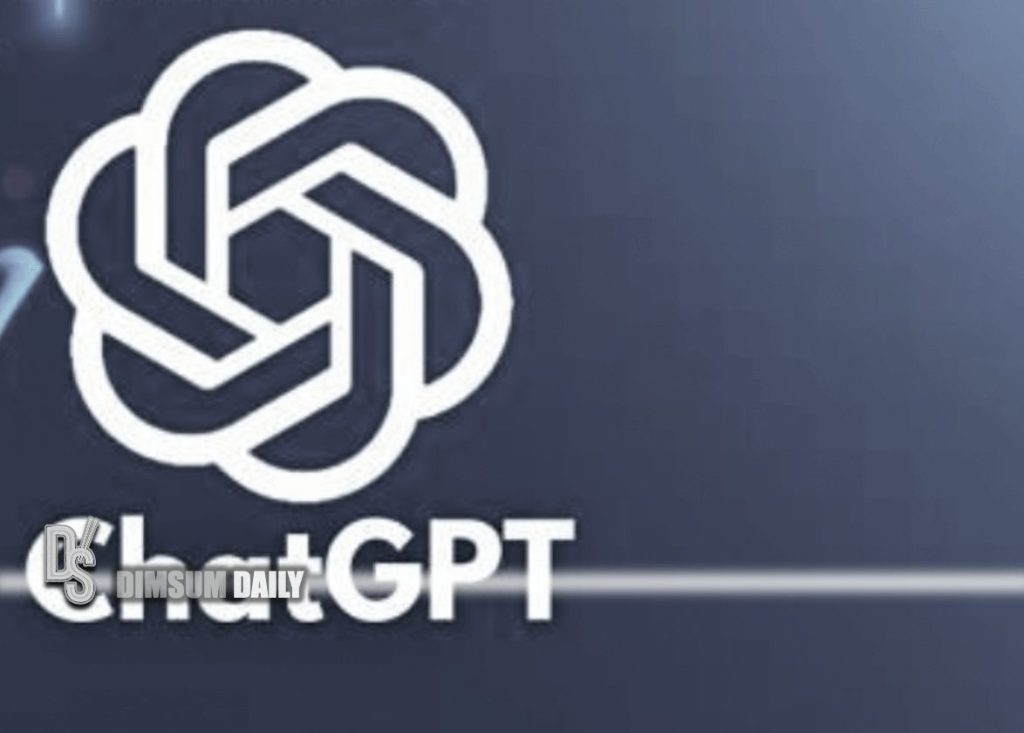FTC Probes OpenAI's ChatGPT: Privacy And Data Concerns

Table of Contents
The FTC's Investigation: Scope and Focus
The FTC's investigation into OpenAI and ChatGPT stems from its authority to investigate unfair or deceptive practices under the Federal Trade Commission Act. This act empowers the FTC to protect consumers from businesses engaging in unfair or deceptive acts or practices in commerce. The specific concerns that prompted the investigation likely involve potential violations of the FTC Act related to the handling of sensitive user data, a lack of transparency regarding data usage, and potentially deceptive practices. The FTC is scrutinizing OpenAI's data practices to determine if they comply with existing data protection laws and consumer protection standards.
The potential areas of concern for the FTC are multifaceted:
- Data collection practices and the extent of user data collected by ChatGPT: The FTC is likely examining what types of data ChatGPT collects, how much data is collected, and whether this collection is proportionate to the service provided. This includes analyzing the collection of personally identifiable information (PII), as well as potentially sensitive data revealed through user interactions.
- The security measures in place to protect user data from unauthorized access or breaches: The FTC will investigate the security protocols employed by OpenAI to safeguard user data from cyberattacks, data breaches, and other security vulnerabilities. The adequacy of these measures and their alignment with industry best practices will be under close scrutiny.
- Transparency regarding data usage and user rights: The FTC will assess the clarity and accessibility of OpenAI's privacy policy regarding how user data is used, stored, and shared. This includes evaluating whether users are adequately informed about their rights concerning their data, such as the right to access, correct, or delete their information.
- Potential for biased or discriminatory outputs from the AI model and its impact on individuals: The FTC may be examining whether ChatGPT's algorithms perpetuate biases or discrimination, resulting in unfair or discriminatory outcomes for certain groups of users. This is a growing area of concern regarding AI ethics and fairness.
- The potential impact on children's privacy and safety: Given the potential for children to use ChatGPT, the FTC's investigation likely also considers the platform's compliance with children's online privacy protection regulations, such as the Children's Online Privacy Protection Act (COPPA).
ChatGPT's Data Handling Practices: Privacy Vulnerabilities
ChatGPT, like many large language models (LLMs), collects and processes vast amounts of user data to function effectively. This data is used to train the model, improve its performance, and personalize user experiences. However, this data handling process presents several potential privacy vulnerabilities.
ChatGPT collects data through user interactions, including the prompts users enter, the responses generated by the model, and potentially other contextual information. This data is stored and processed by OpenAI, raising concerns about the security of this information and its potential misuse.
Key vulnerabilities include:
- Potential for data leaks through various access points: The complexity of ChatGPT's architecture and its interaction with various systems creates multiple potential entry points for unauthorized access, potentially leading to data breaches.
- The potential for the model to inadvertently reveal sensitive information: Through its responses, ChatGPT might inadvertently disclose personal information contained within user prompts or training data, creating a privacy risk.
- The lack of robust security measures to prevent unauthorized access: The effectiveness of OpenAI's security measures to protect against hacking attempts, malicious insider actions, or other forms of unauthorized access needs to be thoroughly evaluated.
- The use of user data for training the AI model without explicit consent: The use of user data for further model training raises questions about informed consent and whether users are fully aware of how their data is being utilized.
The Broader Implications for the AI Industry
The FTC's investigation into OpenAI's ChatGPT sets a significant precedent for future regulation of AI technologies. It signals a growing awareness among regulatory bodies of the potential risks associated with AI systems and the need for robust regulatory frameworks to mitigate these risks. This investigation will likely influence the development of future data protection regulations specific to AI, potentially mirroring existing regulations like the General Data Protection Regulation (GDPR) in Europe or the California Consumer Privacy Act (CCPA) in the United States.
The investigation underscores the critical importance of ethical considerations in AI development and deployment. Moving forward, the AI industry needs to prioritize transparency, accountability, and fairness in the design and implementation of AI systems.
The potential impacts on the AI industry are far-reaching:
- Increased regulatory scrutiny and potential for stricter data protection laws: We can expect a wave of increased regulatory activity focused on data protection and privacy in AI, resulting in potentially stricter laws and regulations.
- A greater emphasis on transparency and accountability in AI development: Companies developing AI systems will face greater pressure to be transparent about their data practices and demonstrate accountability for the impacts of their AI systems.
- Increased focus on building ethical and bias-free AI models: The demand for ethical AI development will intensify, pushing for the creation of AI models that are free from bias and ensure fairness and equity.
- Development of stronger data security measures for AI systems: The focus on data security within AI systems will sharpen, leading to the adoption of more robust security measures and practices.
- Potential impact on innovation and the growth of the AI industry: While increased regulation might slow down innovation in some areas, it could also foster a more responsible and sustainable approach to AI development in the long term.
Conclusion
The FTC's investigation into OpenAI's ChatGPT underscores the growing importance of addressing privacy and data concerns in the rapidly evolving field of artificial intelligence. The investigation highlights the need for greater transparency, robust data security measures, and ethical considerations in the development and deployment of AI technologies. This case is a critical step in establishing responsible practices for the entire AI sector.
Understanding the privacy implications of using AI tools like ChatGPT is crucial. Stay informed about the FTC’s investigation and ongoing developments in AI regulation to ensure responsible use of ChatGPT and other AI technologies and advocate for stronger data privacy protections in the age of artificial intelligence. The future of AI depends on a commitment to responsible innovation and robust data protection.

Featured Posts
-
 Islensk Fotboltadagskra Valur Stefnir A 2 0 Sigur
Apr 30, 2025
Islensk Fotboltadagskra Valur Stefnir A 2 0 Sigur
Apr 30, 2025 -
 U S Cruise Lines A Guide To Choosing The Best Fit
Apr 30, 2025
U S Cruise Lines A Guide To Choosing The Best Fit
Apr 30, 2025 -
 Ban On Pride Flags At Eurovision Sparks Controversy
Apr 30, 2025
Ban On Pride Flags At Eurovision Sparks Controversy
Apr 30, 2025 -
 Becciu Condannato Risarcimento Di 40 000 Euro Agli Accusatori
Apr 30, 2025
Becciu Condannato Risarcimento Di 40 000 Euro Agli Accusatori
Apr 30, 2025 -
 Millions Stolen Chilean Migrants Role In Nfl Heists Under Scrutiny
Apr 30, 2025
Millions Stolen Chilean Migrants Role In Nfl Heists Under Scrutiny
Apr 30, 2025
